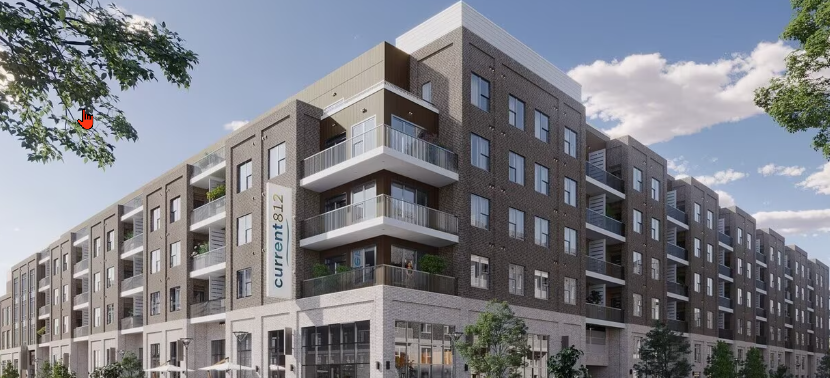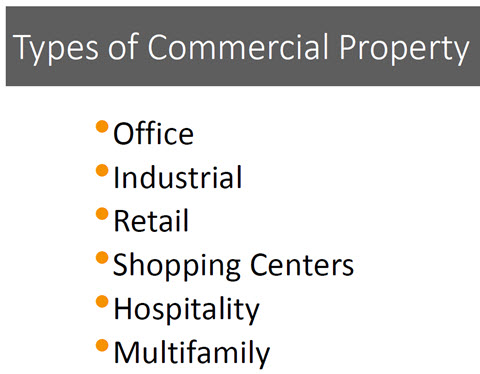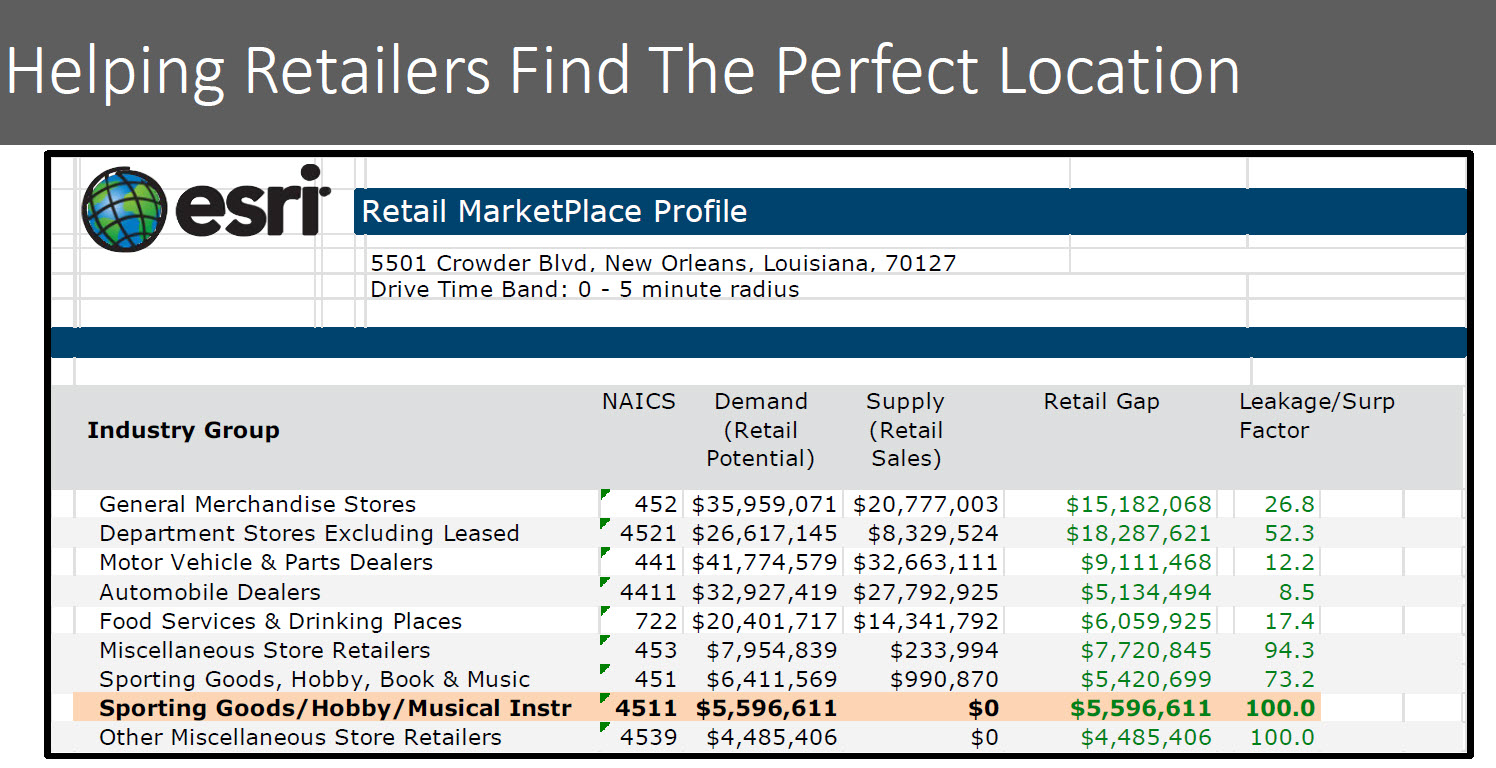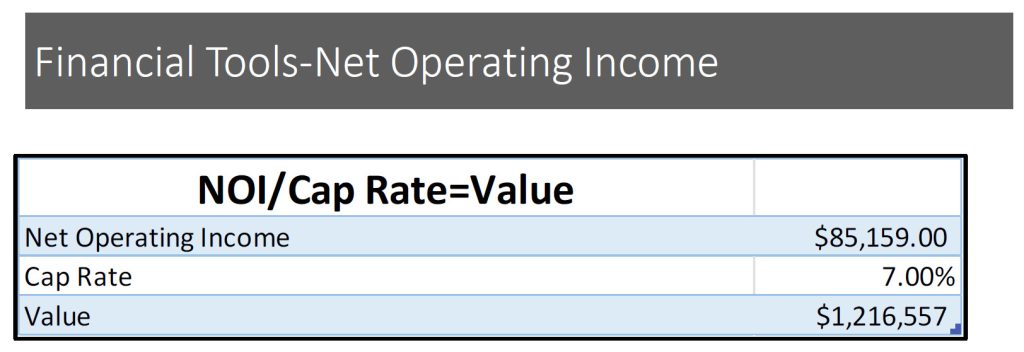
Currently a Louisiana licensed real estate agent can transact business in both residential and commercial real estate, even though agents are not required to be trained in even the basics of commercial property. All agent licenses must be issued by the Real Estate Commission. Agents are independent contractors, not employees, and the license is always held by a broker not the agent themself. The broker can void the license at any time for any reason, leaving the agent unable to practice any real estate business.

Despite the power and responsibility a real estate broker has for their agents, no broker currently trains their agents in even the basics of commercial real estate. Brokers have lots of regulations dictated by the Real Estate Commission, but training in commercial real estate is not required. Since commercial real estate is vastly different from residential real estate, the result is a disaster. When the residential agent who is inexperienced in commercial real estate tries to transact business in the commercial arena, they usually end up harming their client by allowing a faulty contract or paying too much or suffering a difficult transaction which most likely fails to happen. It doesn't have to be that way and Louisiana Commercial Realty is working to change that.

None. In promoting residential agent training in commercial real estate, the question always comes up: why doesn't the Louisiana Real Estate Commission require a commercial license? This leads to another question: what other states require a separate real estate license for commercial transactions? So we contacted all 50 states and the answer is: none. No other state requires a separate commercial real estate license. Louisiana would have to be the first.

We polled all 20,000 Louisiana licensed real estate agents to determine if demand exists for basic training in helping clients with their commercial property needs. This includes buying, selling or leasing office, warehouse, apartments, retail, restaurants or hotels. Of the residential agents who responded to the survey, 98% said they would be interested in commercial training, and 50% had already completed at least one commercial transaction within the last 2 years.
Louisiana Commercial Realty utilized their 20 years of experience in both commercial property management and also leasing to create a 2 hour workshop specifically for residential agents. We already made progress and presented the workshop to the Real Estate Commission and the Louisiana Association of Realtors, and also to Berkshire Hathaway agents who mostly transacted residential business.

Our workshop details all aspects of a commercial real estate transaction and teaches residential agents how to successfully navigate the nuances of commercial real estate.
Chapters of our workshop teach real estate agents what they need to know about the 6 major types of commercial property to help their clients. The core focus dives deep into the driving factors for buyers, sellers, landlords and tenants. Each of these 4 stakeholders has a different objective so a commercial real estate agent must quarterback all the various entities and tactfully guide the decision-makers, government authorities, bankers, appraisers and property owners, who often conflict when interacting with each other.

Commercial real estate agents need to be proficient in using technology to solve their client's problems. One example is how residential agents can help a retail client determine the best location for their business. Normally, residential agents only know how to provide demographics that include population, income and age, but finding successful locations requires knowledge about how residents spend their money in nearby businesses.
For example, our research for a listing at 5501 Crowder in New Orleans showed within a 5 minute drive time that residents spent $5,591,611 on sporting goods-but there is no sporting goods store in the area. That means residents are traveling outside the area to spend their money; therefore, a sporting goods store in that location would do very well.
This research helps residential agents discuss with sellers and landlords how they will go about finding buyers and tenants. It also helps residential agents show prospective tenants that their business, such as a sporting goods store, can capture $5,591,611 of revenues from day one. This information is easily available but few residential agents know how to access and utilize it. We show them how.

One of the most elusive chapters in the "how to" workshop is valuing commercial real estate. We spent years writing appraisals for two of the top firms in New Orleans: Truax & Robles Appraisers and also Argote & Derbes, so we understand appraisals are meant for a bank committee to justify loaning money but should not be used as a realistic price at which a commercial property can be sold.
If commercial properties produce rent income, the best method of determining market price is to apply a Capitalization Rate to the Net Operating Income. For example, if a property produces $85,000 in income (revenues less expenses) you would divide that by a 7% Capitalization Rate. This means a buyer should, at most, be willing to pay $1.2 million for that commercial property.
The current absence of training harms the general public and fails the licensed real estate agent. We hope to play a small part in changing that by providing training for agents who dabble in commercial transactions but mostly make their living from residential transactions. If this idea is of interest to you, just contact us today to schedule a free commercial real estate training session.
If you would like more information on the technology available for commercial real estate, we have hundreds of articles on the commercial real estate industry, including popular topics such as prices, zoning, reading flood maps and inflation. Check out two of our popular blogs: